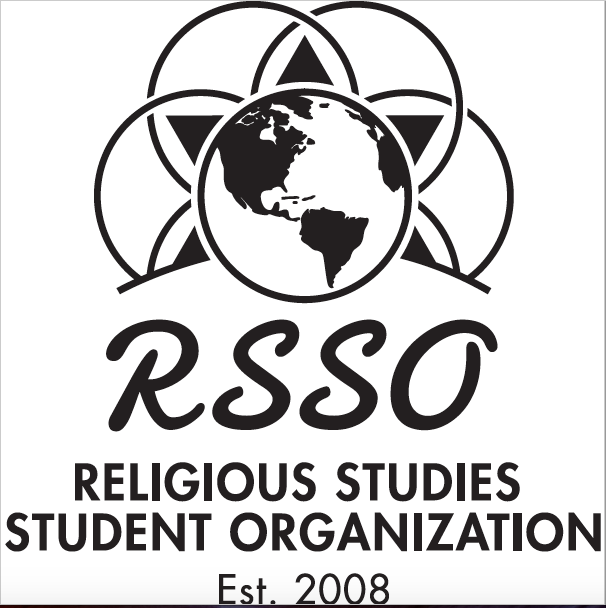Moderator
Dr. Fatih Harpci
Start Date
13-4-2019 9:45 AM
End Date
13-4-2019 10:45 AM
Abstract
In the final years of Mohammad Reza Shah Pahlavi’s reign in Iran, longstanding social inequities came to a head, prompting a public outcry to restore the traditional and righteous prestige and repudiate Western influence in the country. A conflation of social, economic, and religious issues led to a civil rights movement that would quickly become a platform for the 1979 Islamic Revolution. The deposition of the Western-backed Shah left a political vacuum in Iran that would ultimately be filled with an Islamic supreme leader. A modernization of Shi’a Islam, primarily executed with religious propaganda and recordings, was an integral step in forming the political sphere of the Islamic Republic of Iran (IRI). Reframing the tenets of Ayatollah Ruhollah Khomeini’s specific brand of Islam would result in the inception of Iran’s infamous morality police, or the Islamic Revolutionary Guard Corps’ Basij Organization of the Oppressed (IRGC BOO), a stringent dress code, and a morality-based legal policy. The IRGC BOO became both a formidable military force and the primary enforcers of redefined Islam in modern Iran. Reimagining the role of mullahs strengthened the connection between politics, the people, and religion. The application of Islamic justice in Iran has yielded domestic resistance movements and drastically affected foreign affairs. This paper will examine the means through which traditional Shi’a Islam was transformed to support a new polity in modern Iran. By exploring the fluid sociopolitical conditions in the country, it will attempt to contextualize the Islamic Republic’s theocratic constitution, and its immediate ramifications for both Muslim and religious minority citizens of Iran. This piece will analyze the role of religion in contemporary resistance movements against the regime, as well as international backlash. Focusing primarily on the juxtaposition of broad, traditional Islam and Iran’s tailored Islamic ideology, it aims to further understand the nuances of IRI religious policy and how it has shaped the dynamic social conditions of present day Iran.
Man’s Hand in God’s Affairs: Shaping Modern Iran’s Theocratic Polity
In the final years of Mohammad Reza Shah Pahlavi’s reign in Iran, longstanding social inequities came to a head, prompting a public outcry to restore the traditional and righteous prestige and repudiate Western influence in the country. A conflation of social, economic, and religious issues led to a civil rights movement that would quickly become a platform for the 1979 Islamic Revolution. The deposition of the Western-backed Shah left a political vacuum in Iran that would ultimately be filled with an Islamic supreme leader. A modernization of Shi’a Islam, primarily executed with religious propaganda and recordings, was an integral step in forming the political sphere of the Islamic Republic of Iran (IRI). Reframing the tenets of Ayatollah Ruhollah Khomeini’s specific brand of Islam would result in the inception of Iran’s infamous morality police, or the Islamic Revolutionary Guard Corps’ Basij Organization of the Oppressed (IRGC BOO), a stringent dress code, and a morality-based legal policy. The IRGC BOO became both a formidable military force and the primary enforcers of redefined Islam in modern Iran. Reimagining the role of mullahs strengthened the connection between politics, the people, and religion. The application of Islamic justice in Iran has yielded domestic resistance movements and drastically affected foreign affairs. This paper will examine the means through which traditional Shi’a Islam was transformed to support a new polity in modern Iran. By exploring the fluid sociopolitical conditions in the country, it will attempt to contextualize the Islamic Republic’s theocratic constitution, and its immediate ramifications for both Muslim and religious minority citizens of Iran. This piece will analyze the role of religion in contemporary resistance movements against the regime, as well as international backlash. Focusing primarily on the juxtaposition of broad, traditional Islam and Iran’s tailored Islamic ideology, it aims to further understand the nuances of IRI religious policy and how it has shaped the dynamic social conditions of present day Iran.

